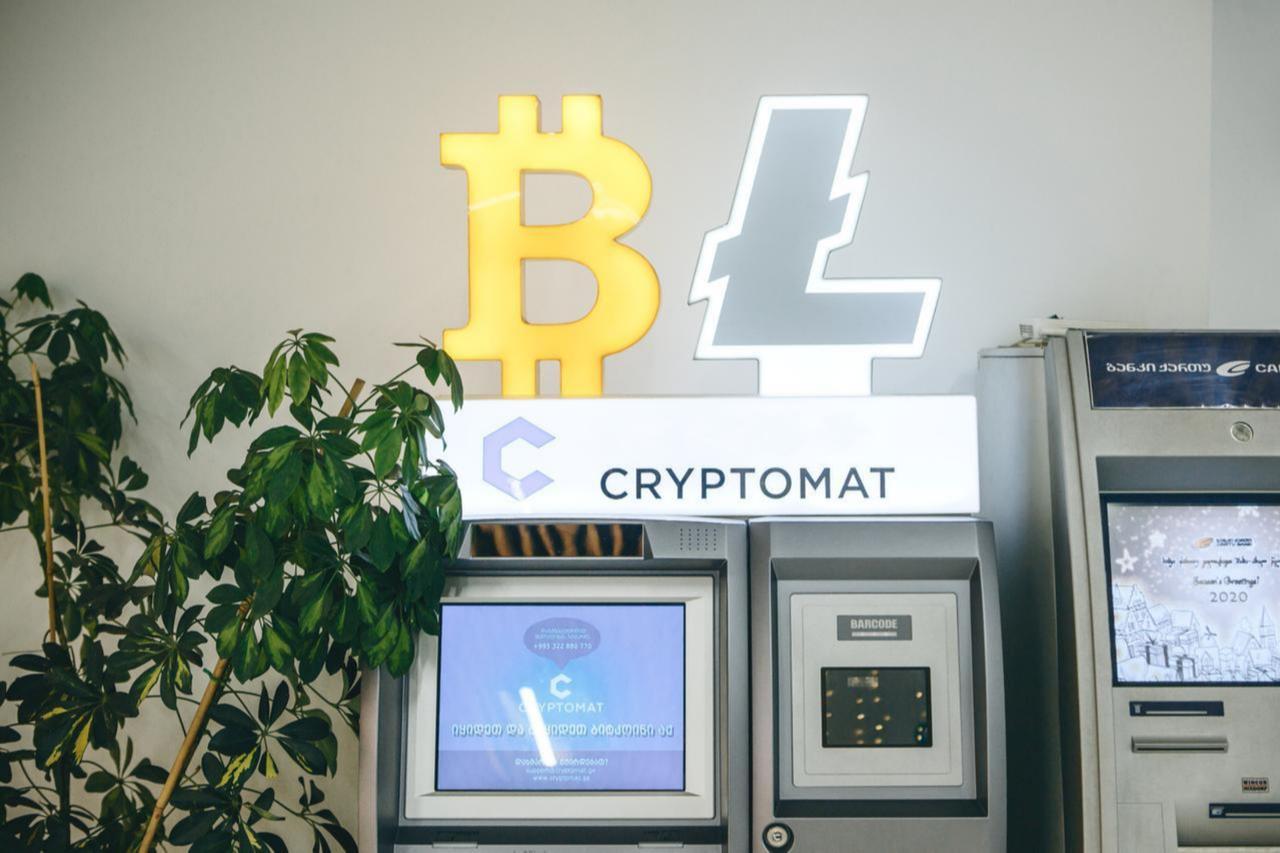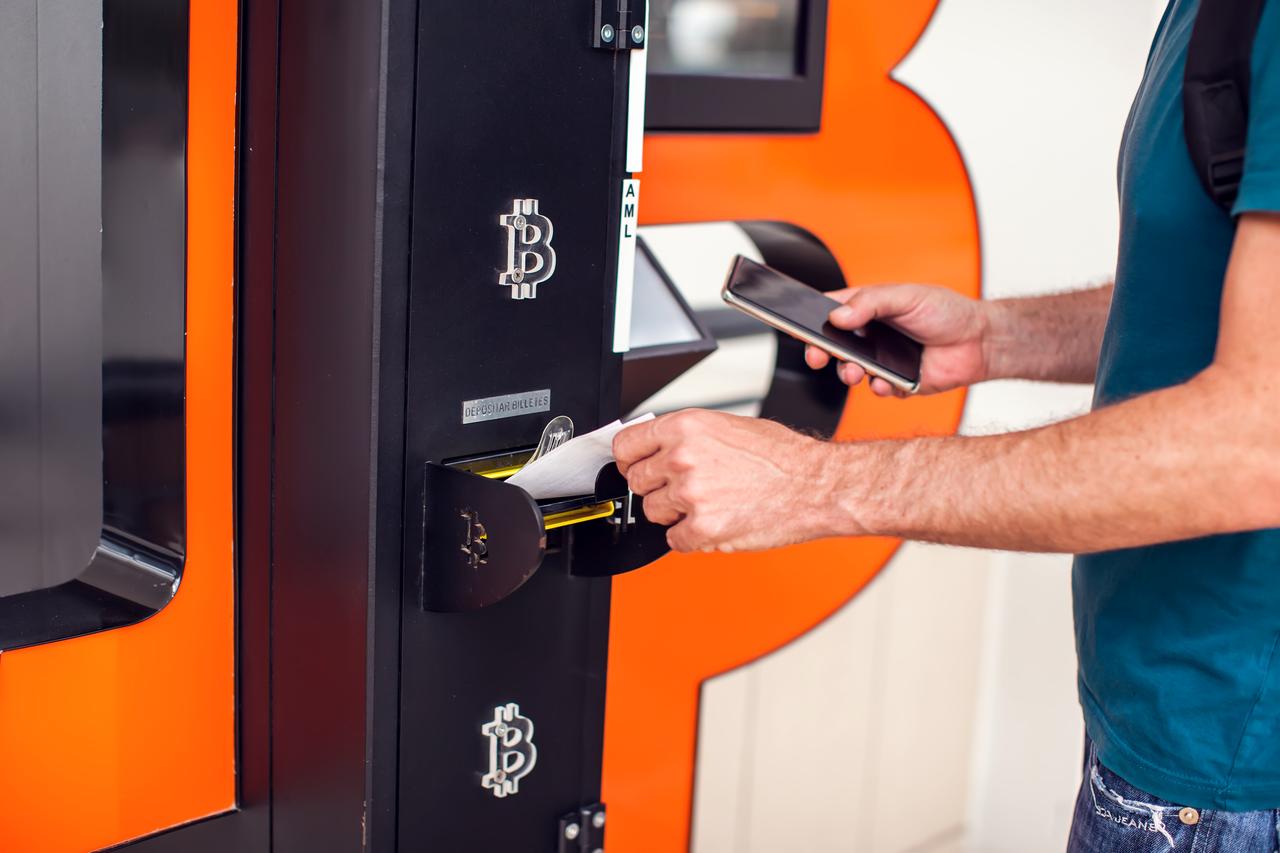
Crypto kiosks, or automated teller machines (ATMs), are facing increasing pressure from U.S. regulators due to fraud and crime risks.
Once seen as a symbol of cryptocurrency use, crypto ATMs, which allow users to anonymously purchase or convert cryptocurrencies, are now increasingly coming under the scrutiny of lawmakers.
Regulators and critics point to numerous incidents in which these devices have been used for illegal transactions.
The Federal Bureau of Investigation (FBI) has reported an increase in the amount of crime-related money passing through cryptocurrency ATMs.
In 2024, the total value of approximately 11,000 fraud complaints received by the FBI exceeded $246 million.
While some cities have completely banned cryptocurrency ATMs, several states have begun imposing restrictions on their operations.
Crypto kiosks (ATMs) across the U.S. have come under scrutiny by city and state authorities due to increasing cases of fraud, particularly targeting the elderly.
While many regions have imposed outright bans or strict restrictions, some states have begun to establish regulatory frameworks.

According to FBI data, approximately 11,000 fraud complaints related to crypto kiosks were filed in 2024 alone, with total losses exceeding $246 million. Authorities highlight that citizens over the age of 60 are the primary victims of such fraud.
As the number of states imposing strict regulations on crypto ATMs grows, concerns from senior rights advocates and consumer protection agencies are also increasing.
In states with high elderly populations, such as Iowa and Maine, strict laws have been passed that include low daily limits, licensing, and reporting requirements due to this group's increased vulnerability to fraud.
In Washington, lawmakers are considering a bill that would impose national regulations on crypto ATMs.
Most of the measures included in the bill are similar to regulations already being implemented in various states.
The pressure on crypto ATMs is also hampering the industry's growth.
New licensing and identity verification requirements, as well as commission limits, could jeopardize the profitability of crypto ATM operators.